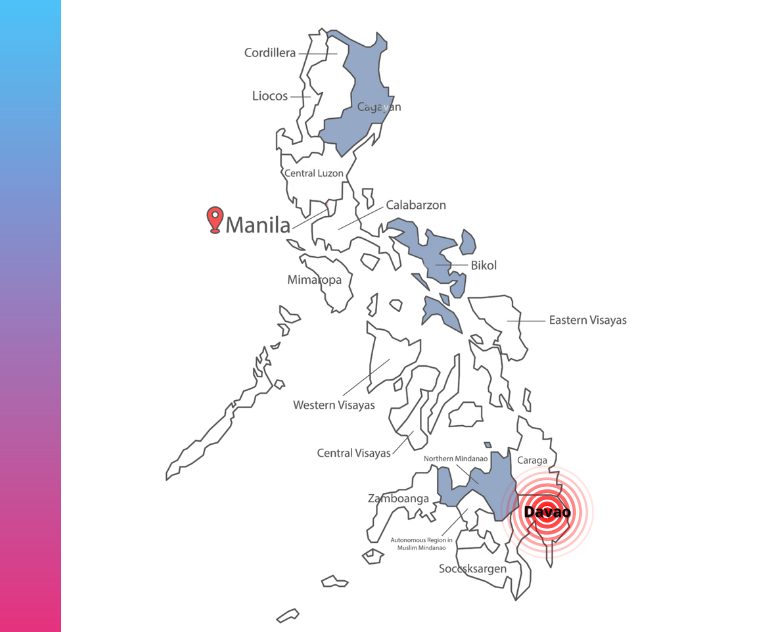Table of Contents
Poland Tax Overview
Compared to other countries, Poland’s personal and corporate tax laws are somewhat complex. Therefore, understanding these tax regulations and what they may mean for your business is essential if you are considering expanding or relocating your business to Poland.
In this tax overview, we examine three core categories of Polish tax laws: corporate taxes, personal taxes, and value-added taxes.
SERVIAP can help with your global expansion needs. Contact us today to learn how you can expand your business with PEO in Poland.
Poland Personal Taxes
Here’s everything you need to know about personal taxes in Poland:
Who Is Taxed?
In Poland, both residents and non-residents are subject to personal income taxes or PIT. However, residents must pay PIT on their global income.
If they generate any income from international endeavors, then they must claim this revenue and pay the requisite taxes on it. Conversely, non-residents only have to pay PIT for income that is sourced from Poland.
What Is the Tax Rate?
The tax rate for both residents and non-residents is a flat 17% for income earnings less than PLN 120,000. If earnings exceed PLN 120,000, then payees owe 15,300 PLN + 32% on any revenue in excess of the PLN 120,000 threshold.
National vs. International Income
Like many other European nations, Poland only requires residents to pay taxes on international income. This stipulation includes revenue generated from investments, freelance work, international sales, or any other financial endeavor.
Conversely, non-residents are only required to pay taxes on PLN generated in the nation. This coverage includes employment wages, domestic real estate investments, and business revenue.
Capital Gains, Exemptions, and Other Considerations
In Poland, residents and non-residents are subject to a 19% flat-rate tax for all capital gains. There are no tax-free amounts or exemptions to capital gains taxes for residents. However, non-residents do not have to pay taxes on capital gains derived from international endeavors.
Rental income is also subject to a flat rate tax. If the property owner generates less than PLN 100,000 per year from rental revenue, then the tax rate is 8.5%. The tax rate for any earnings in excess of PLN 100,000 is 12.5%.
Poland Corporate Taxes
Here’s everything you need to know about corporate taxes in Poland:
Who Is Taxed?
When establishing tax laws for corporate entities operating within the state, Poland differentiates resident and non-resident businesses. Non-resident corporations are taxed on income derived in Polish territory. Resident corporations have a tax liability for all revenue generated worldwide.
What Is the Tax Rate?
The tax rate for corporations operating within Poland is 19%. This rate applies to both residential and non-residential corporations. However, businesses may be eligible for a 9% tax rate if they meet certain criteria.
Specifically, businesses with sales revenue (including VAT) equal to or less than the equivalent of 2 million Euros may be eligible for the 9% rate. In addition, businesses may be eligible for the 9% rate in their first year of business activity, as long as the organization was not established as the result of a merger.
What Is Taxable Income?
Any revenue generated within Poland is considered taxable income for non-resident corporations. All revenue generated from any business operations (both domestic and international) is deemed taxable income for resident corporations.
Tax Incentives & Deductions
Poland’s tax laws have several provisions that allow businesses to deduct certain expenses from their taxable revenue in order to reduce tax liability.
However, they also prohibit many common expenses from being deducted, including lapsed accounts receivable, interest from debt “push-down” structures, and unpaid accrued interest.
Poland VAT Taxes
Value-added taxes, better known as VAT taxes, are a common form of consumption tax. The value-added portion is the difference between a company’s sales and its cost of purchasing services or goods from another business. Here’s what you need to know about VAT taxes in Poland:
Who Is Taxed?
Polish Vat taxes are applied to the supply of goods and services (G&S) within the territory, the export of G&S outside of the EU, import of G&S from non-EU member nations, and imports/exports of G&S to EU member nations.
What Is the Tax Rate?
The standard Polish VAT rate is 23%. This rate applies to the supply of all G&S, with the exception of those that are listed in specific VAT provisions.
Pharmaceutical goods and passenger transport services are subject to a reduced VAT rate of 8%. Books, unprocessed food, and basic food necessities are subject to a VAT rate of 5%. Finally, some financial, educational, and insurance services are VAT exempt.
Is Poland Right for Your Business?
SERVIAP is a leading Professional Employer Organization (PEO) ready to help your business expand operations throughout the Western Hemisphere. PEO is a model of co-employment, where we assume total responsibility for your talent, allowing you to focus on the strategic activities of your organization.
Contact us today to learn more about how you can expand your business in Poland.






























